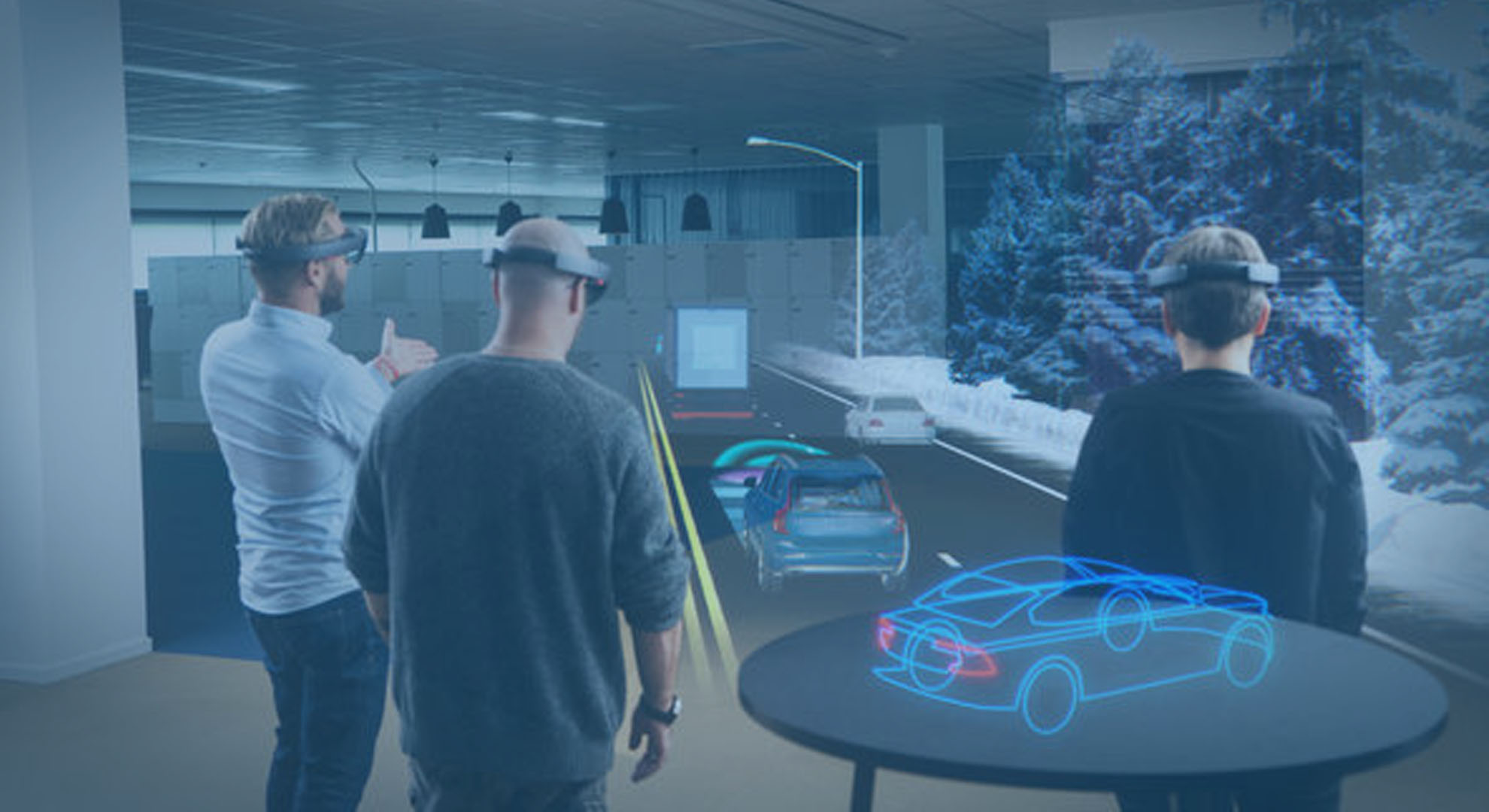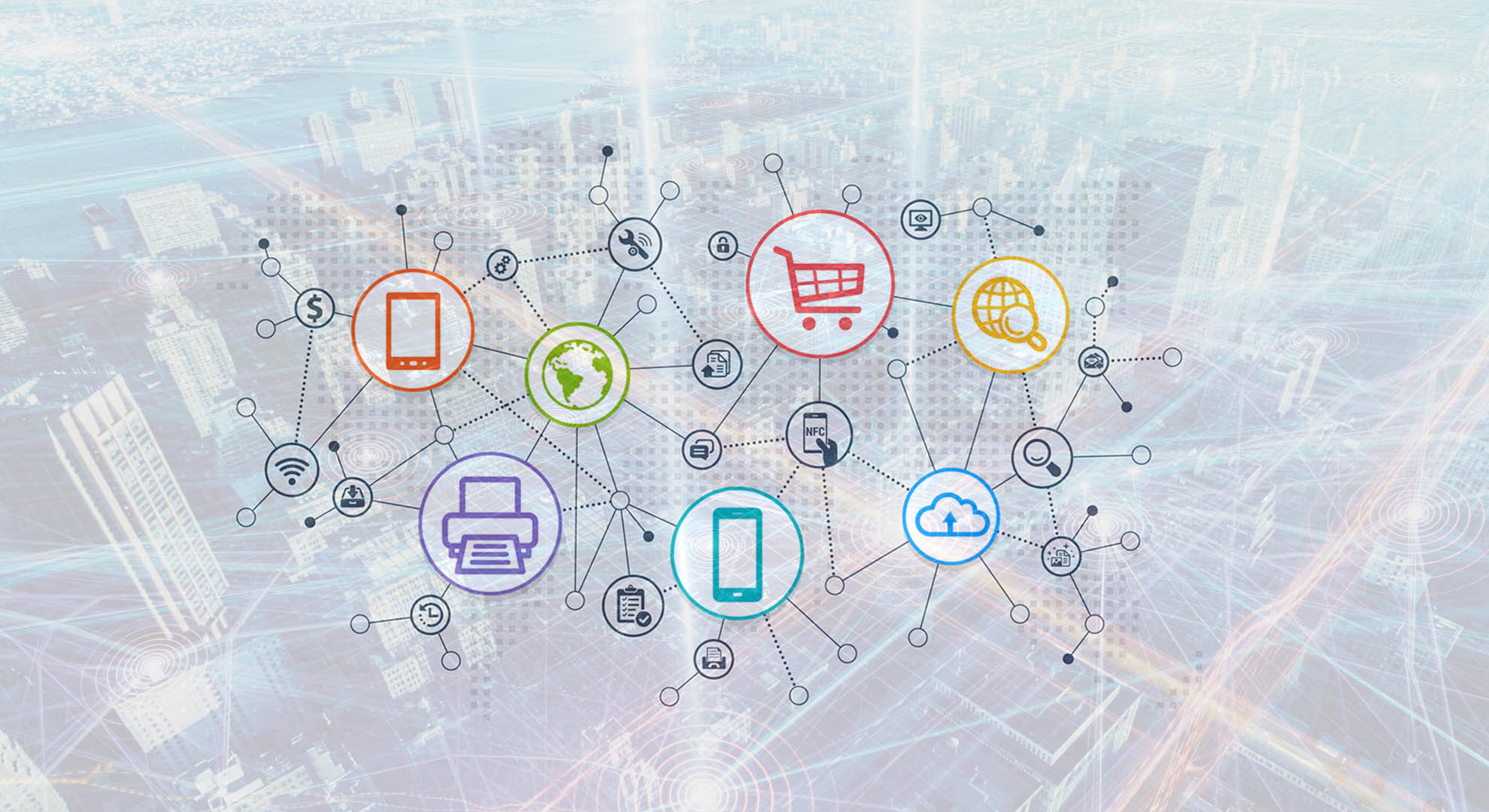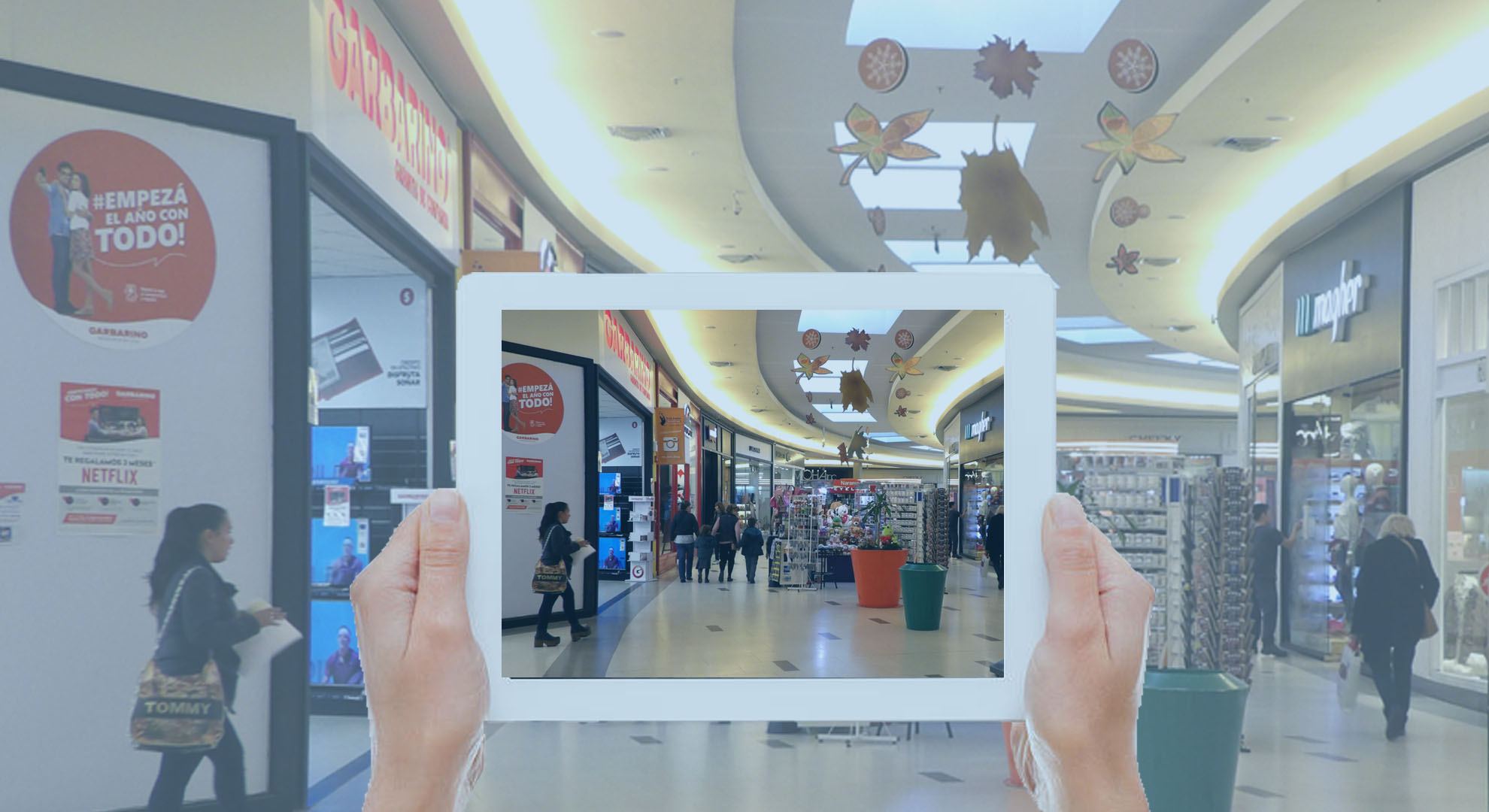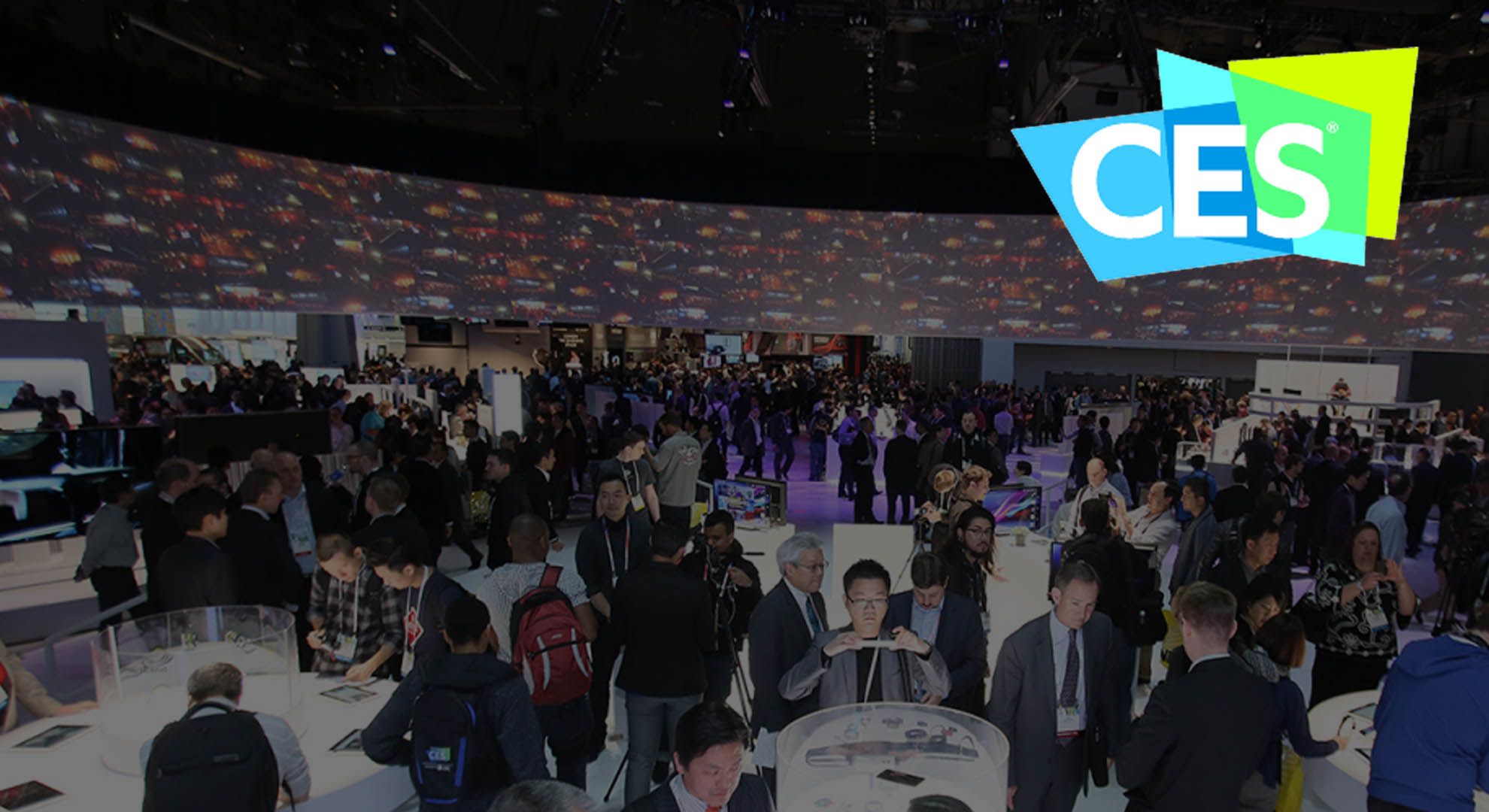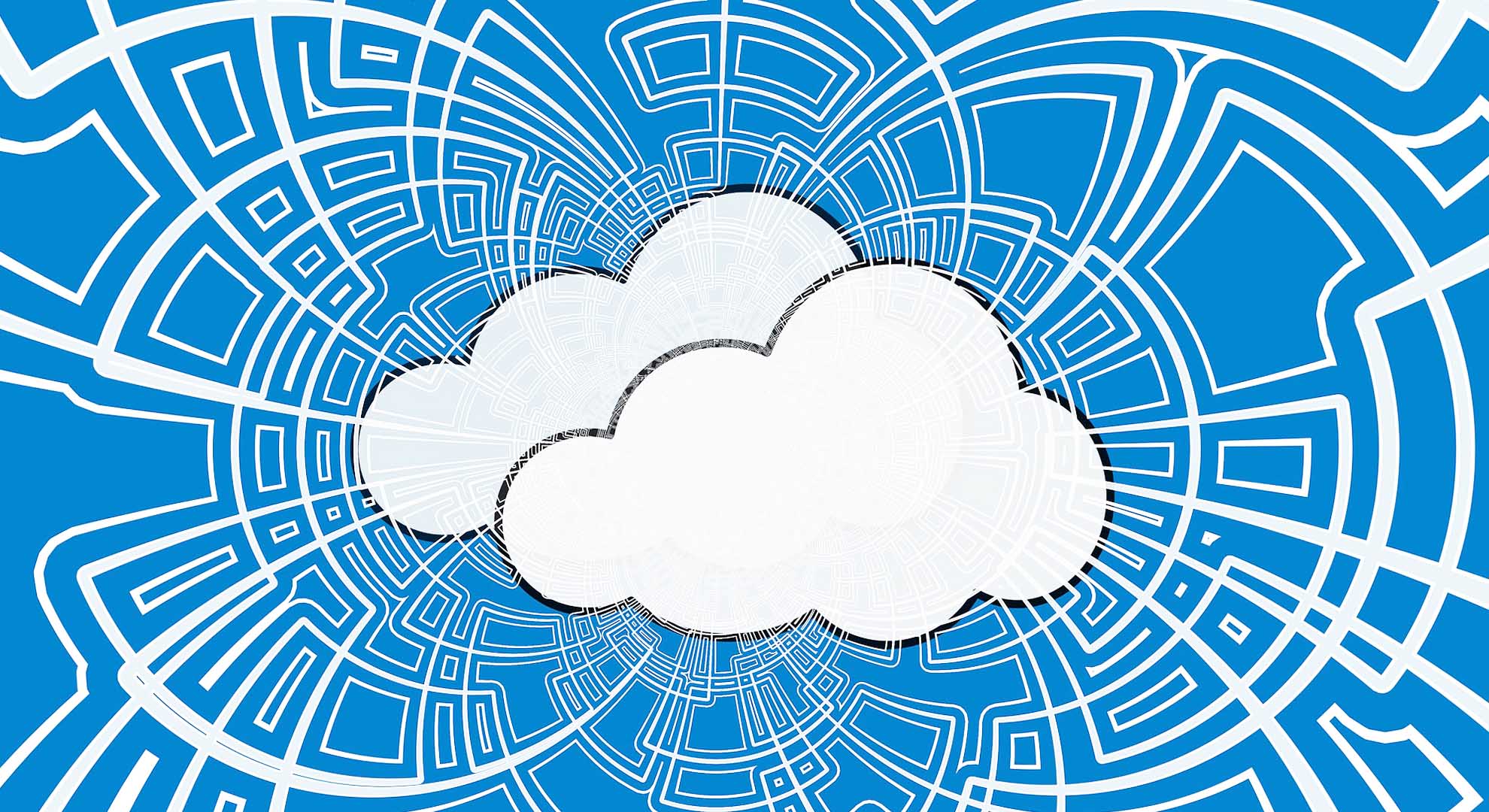Technology has played a very significant role in making us more productive and efficient. And the revolution hasn’t ended yet, there is a rapid technological innovation in progress that will continue to impact our lives as individuals, organizations, and societies.
Whether you’re an entrepreneur or a professional, keeping an eye on the latest technology trends enable you to predict the impact on your business and market. As a result, you can better cope with the emerging challenges and convert them into business opportunities.
To give you an idea of what’s coming ahead, we’ve compiled a list of top 7 technologies that are expected to rule 2018. Read, and share with your friends too!
1. 5G Rollout
Do you remember the rollout of 4G LTE almost ten years ago? If yes, then you must get ready to relive those good times with 5G in 2018.
5G sounds like a formless idea; the situation is very similar to the launch of 4G. People have no idea about its speed, but it is expected to be 10 to 12 times faster than the best LTE. Unluckily, the network rollout has yet to start and there is no widescale consumer hardware that is set to support it.
In 2018, we are likely to hear more announcements about 5G mobile networks from all the prominent carriers and resultant race of supportive gadgets. We assume that we will enjoy different flavors of 5G and different speeds, just as we did with 4G.
Many of the next-generation handsets should support one or more flavors of 5G. By the end of the year, some lucky consumers may be living the 5G lifestyle, but 2019 will probably be the breakthrough year for this technology. Find out how 5G is Disrupting industries in 2020
2. Digital Assistants Everywhere
You are already familiar with Apple’s Siri, Google Assistant and Amazon’s Alexa. These voices answer basic queries, play music, and deliver weather and news. They also assist you in voice-enable your smart home.
You can expect these and other chatty AI digital assistants—I’m speaking of Microsoft Cortana, Apple’s Siri, Samsung’s Bixby—to continue to spread their voices elsewhere, into TVs, fridges, smart watches, headphones, cars, even the workplace. There’s already been moved in these areas, and at the CES 2018 Las Vegas, we’ve already seen numerous examples of further progress.
It is expected that Microsoft Cortana, Samsung’s Bixby, and Apple’s Siri will continue to spread their voices into the workplace, cars, headphones, smart watches, fridges and TVs. There is some work already done in these areas. There were numerous examples of further progress under this category, at the CES 2018 in Las Vegas.
If you want to explore more about Customer Electronic Show (CES), you can read our coverage of 5 tech trends that ruled CES 2018.
Now the question arises about the ways in which digital assistants will evolve. For beginners, they will sound more human. You will come a little closer to having an actual conversation of different types with them. Let’s take into consideration, Google Assistant; they can process multiple requests at a time. For example, you have ordered “Ok Google, turn up the music and turn down the lights”, and have the Assistant accommodate.
3. Augmented Hearing
The fascinating feature in Google’s new (or else unacceptable) Pixel Buds is real-time language translation via the Google Translate app. Bjorn of Ericsson looks at the prospects for all types of enrichment via augmented hearing approaches.
Most of us know about the noise-canceling technology that has been used in headphones for years to kill sonic distractions in the background. Let take it this way, if your earphones could learn which people in a room you want to hear clearly and which one you want to mute. In order to convert this into a reality, we will have to make earphones aware of our intentions and permit for additional direct user control.
4. Augmented Reality
While consumer interest in virtual reality seems to have wanted to some extent, augmented reality could pick up steam in 2018. Apple and Google have thrown their respective weigh around their ARKit and ARCore developer platforms. Amazon, Facebook, and Microsoft are also banking on AR.
It is expected that augmented reality technology will pick up the pace in. Google and Apple have thrown their respective weigh around their ARCore and ARKit developer platforms. Microsoft, Facebook, and Amazon are also banking on AR.
For the inexperienced, the AR experience permits you to work together with objects and digital characters that seem to be inside your still-visible actual environment.
Do not narrowly think about AR necessitating an enhancement from some killer app like the summer-2016-craze Pokémon Go — nevertheless that could not hurt and is surely possible. As an alternative, anticipate seeing the technology show up as an additional feature on a multitude of e-commerce and gaming apps that you presently regularly use without AR.
In the meantime, regardless of high profile fiascoes such as Snap Spectacles or Google Glass, don’t rule out the recurrence of some type of AR-capable eyewear, nevertheless whether that happens in 2018 or later remains to be seen.
5. Rise of Robotic Companions
Robots constantly fascinate people of all ages, so we welcome them into our home as companions. Majority of the robots used in homes these days are either task oriented or toys like robotic vacuum cleaners or Roomba.
A variety of social robots along the lines Buddy from Blue Frog Robotics, Kuri from Mayfield Robotics and Jibo from a company of the same name might be the game changer. Social robots of various types might remind grandma to take her meds, snap family pictures, or read aloud to Junior.
In the meantime, it is not a stretch to think some digital assistants may provide their personalities and brainpower to a robotic creature.
6. Pushing Computing to The Edge
You do not have to keep an eye on tech closely to make out the thoughtful influence that cloud computing has had on society throughout these past ten years. Under cloud computing, computers have fundamentally been consolidated on the Internet or what is talk about as the cloud.
However, the rise drone delivery, autonomous cars, connected sensors and IoT is the hot topic among techies also called edge computing. It is a place where computing spreads out all over the place largely in the name of speed.
This does not mean that cloud computing is going away. On the contrary, there is a shift towards edge computing which is a big deal because it fundamentally changes everything. This is because of the fundamental architecture, the way things are built and the means by which we interact.
7. Biometric Security
Apple made a bold move when it ditched the Touch ID fingerprint scanner for iPhone X and opted for facial recognition via Face ID. It is not clear if Touch ID also falls on the verge of all upcoming iPhone models. Presently, top Samsung Galaxy phones still allow you to use a fingerprint to validate your identity while giving facial recognition and iris scanning schemes.
One interesting report to materialize before this month displayed that Samsung filed a patent on a system that can identify you by construing your palm. This does not mean that we will witness it on the Galaxy S9 phone that is estimated to enter in the first half of 2018.

